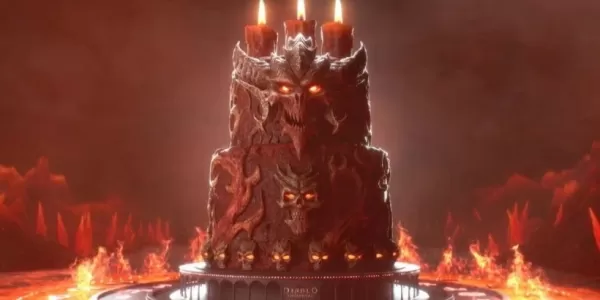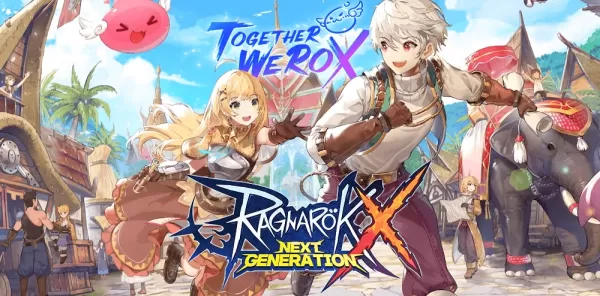Microsoft's recent venture into AI-generated gameplay with a demo inspired by Quake II has ignited a heated discussion across online communities. This interactive experience, powered by Microsoft's Muse and the World and Human Action Model (WHAM) AI systems, aims to dynamically create visuals and simulate player behavior in real-time, without relying on a traditional game engine.
According to Microsoft, the demo offers a glimpse into the future of AI-powered gaming by generating gameplay sequences based on player inputs, akin to playing the original Quake II. "In this real-time tech demo, Copilot dynamically generates gameplay sequences inspired by the classic game Quake II," Microsoft stated. "Every input you make triggers the next AI-generated moment in the game, almost as if you were playing the original Quake II running on a traditional game engine. Enjoy the experience, share your thoughts, and help shape the future of AI-powered gameplay experiences."
Despite the ambitious claims, the demo has received a largely negative response from the gaming community. After Geoff Keighley shared a brief video on X/Twitter, many expressed skepticism and disappointment. A Redditor remarked, "Man, I don't want the future of games to be AI-generated slop," highlighting fears that AI could diminish the human element in game development. Another user criticized Microsoft's aspirations, suggesting that the technology may not yet be suitable for creating fully immersive and original games.
However, not all feedback was negative. Some users recognized the demo's potential as a tool for early concept development and praised the advancements in AI technology. "It's a demo for a reason. It shows the future possibilities. Having an AI that is able to create a coherent and consistent world is crazy," one user noted, suggesting that while the demo isn't playable in its current form, it represents significant progress in AI capabilities.
Epic Games' Tim Sweeney offered a succinct yet critical response to the demo, reflecting broader industry concerns about the role of AI in gaming.
The debate over AI in gaming comes at a time when the industry is grappling with significant layoffs and ethical concerns surrounding generative AI. Recent examples include Keywords Studios' failed attempt to create a game entirely with AI, and Activision's use of generative AI for assets in Call of Duty: Black Ops 6, which faced backlash over an AI-generated zombie Santa loading screen. Additionally, the controversy surrounding an AI-generated video featuring Horizon's Aloy character has brought attention to the ongoing demands of striking voice actors.
As the conversation around AI in gaming continues, it's clear that while the technology holds promise, it also faces significant challenges and skepticism from both players and industry professionals.









